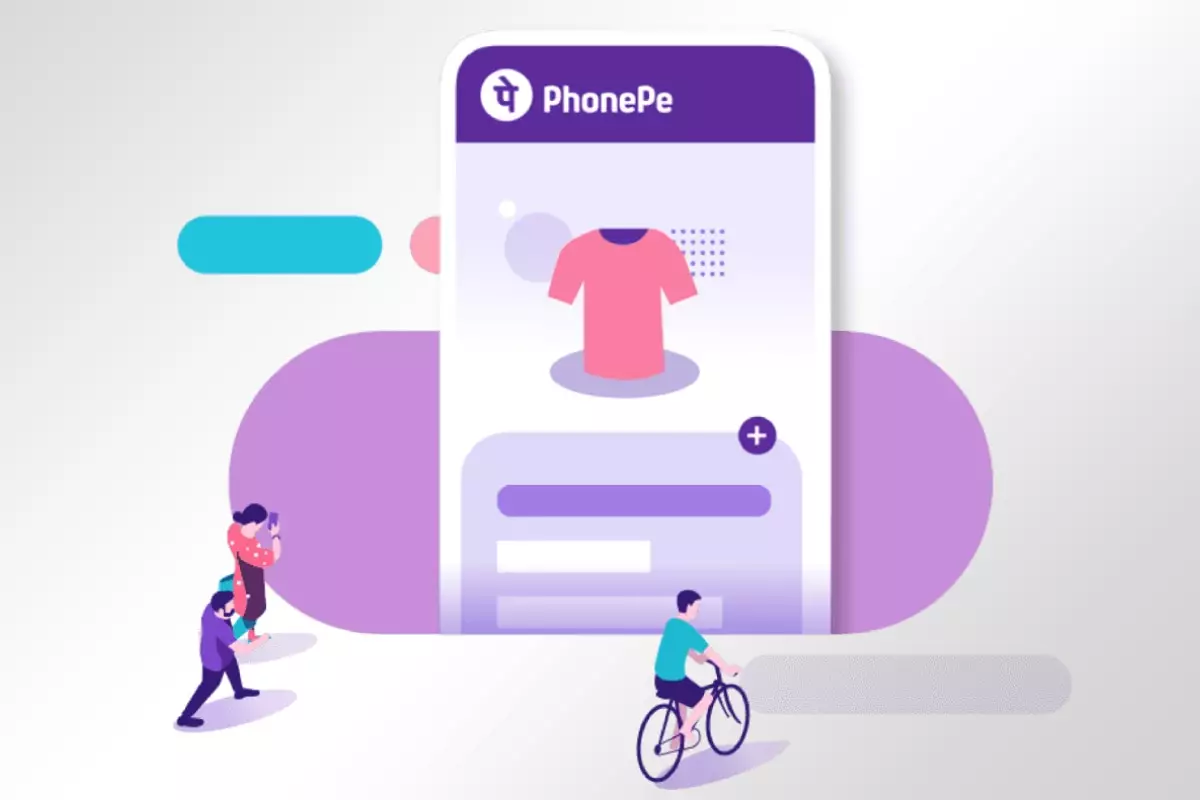The introduction of PhonePe’s UPI Circle marks a significant milestone in the evolution of digital payment systems in India. This innovative feature, launched by the National Payments Corporation of India (NPCI), aims to democratize access to electronic transactions, especially for those without their own bank accounts. In a nation where financial inclusivity remains a pressing challenge, the UPI Circle is a powerful tool that could bridge the gap between traditional banking and the unbanked population, all while injecting a layer of controlled spending into user transactions.
The essence of UPI Circle lies in its ability to allow primary users to extend their banking resources to secondary users, which can include family members or friends who do not currently hold a bank account. This not only enhances social interaction within financial transactions but also instills a sense of trust and security, as users can lend their financial credibility to those they know closely. By fostering a community-based approach to digital payments, UPI Circle could fundamentally alter how individuals engage with their finances.
Empowering Control and Supervision
One of the most compelling aspects of UPI Circle is how it enables the primary user to maintain supervision over secondary users’ transactions. With options for Partial and Full Delegation, primary users have a menu of controls to choose from, ensuring that spending remains within desired bounds. In Partial Delegation, each transaction initiated by a secondary user must get the nod from the primary user, which can serve as a guardrail against impulsive spending. In contrast, the Full Delegation mode provides a sense of trust and freedom. By setting a maximum monthly expenditure limit and a per-transaction cap, primary users can empower their secondary circles while still maintaining oversight.
This unique blend of delegation options resonates with a liberal philosophy: enabling autonomy while safeguarding against potential misuse. It acknowledges that adult users can be trusted with spending, yet it simultaneously respects the necessity for oversight, particularly when the funds involved are not their own.
Challenges of Inclusivity in the Digital Age
While UPI Circle shines in its intention to enhance financial participation, it is essential to critically assess whether this feature genuinely addresses the broader issue of financial inclusion. Merely granting access to payment technologies is not enough; there must also be a concerted effort to educate users on how to manage finances effectively within this new structure. Digital literacy is a hurdle that many potential users face, and a lack of understanding could hinder the acceptance and successful implementation of UPI Circle.
Furthermore, with the feature being available primarily on PhonePe, it raises questions about platform monopolization and competition. In an era where Google Pay has announced its intent to support UPI Circle, the delivery of these services should be uniform and equitable across platforms. Diversifying the availability could lead to more healthy competition and innovations that would benefit end-users.
Building Trust Through Technology
The transparent approach of UPI Circle, where primary users receive notifications after each transaction made by secondary users, also builds trust—a crucial element in digital finance. As transactions happen in real time and notifications are immediate, both parties can have peace of mind regarding the integrity of their financial relationship. Such systems of accountability are vital in an era where financial fraud remains a substantial concern, especially among those who might be new to digital transactions.
Moreover, the capacity for users to tie spending limits to specific individuals can teach young or inexperienced secondary users about responsible spending and budgeting. This value-added component of education through responsibility is something that must be emphasized as society moves increasingly towards a cashless economy.
In sum, the implementation of PhonePe’s UPI Circle is not merely about facilitating transactions; it’s about fostering an inclusive environment where spending is controlled, supervised, and ultimately geared toward enriching relationships among community members. The challenge now is ensuring that the benefits outlined here are accessible to as many people as possible, thereby embedding a culture of transparency, trust, and education into the fabric of India’s digital economy.


Leave a Reply